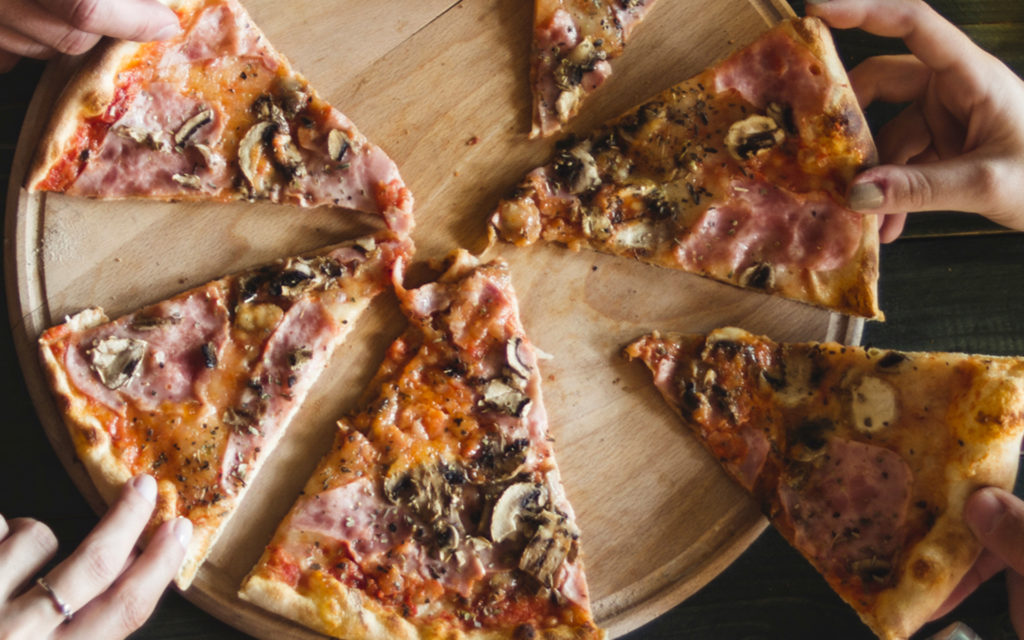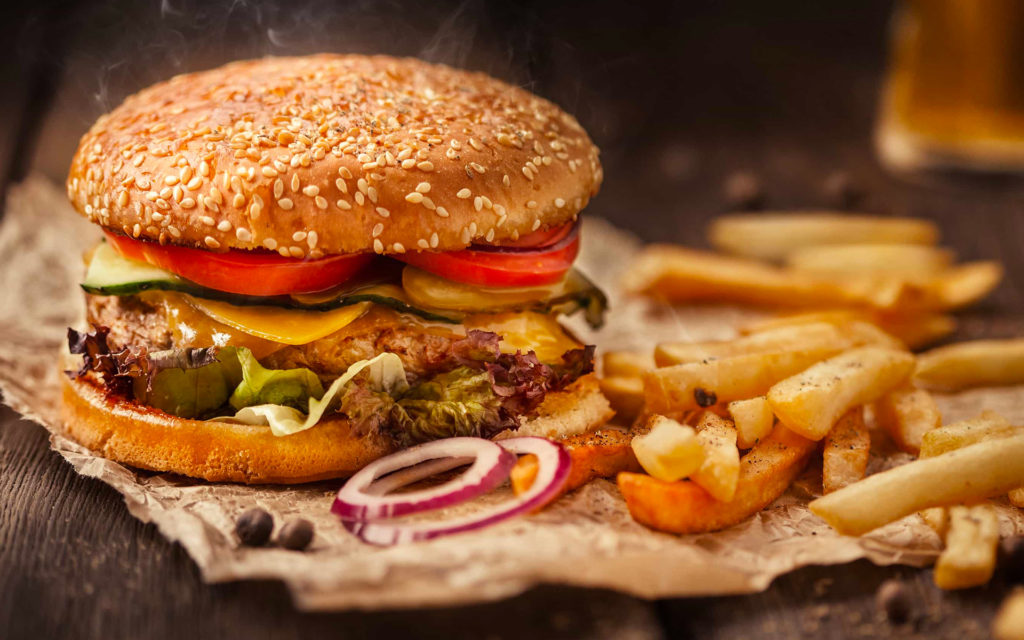Controlling food cravings can be a struggle at the best of times. As we count down to the holidays our minds might be turning to menu planning and food preparation. That, as well as anxieties about what to wear, what to buy and how much it will all cost, can create the perfect recipe for reward hunger. “Triggering” foods and “triggering” people add stress to this joyous time of year as well! If you are struggling to manage your weight, these tips will provide food for thought on why we gain weight and the role the brain plays in getting us to eat even when we aren’t hungry.
- Check your assumptions at the door
There is a lot of outdated advice about weight management. True weight loss goes beyond “calories in vs. calories out”. While diet and exercise definitely play a role in overall health, there are other biological and psychological factors involved. Understanding them can help you curb your appetite and maintain a healthy weight. - Know why you’re hungry
There are two types of hunger; body hunger and reward hunger. Body hunger is when your body tells you that it needs energy to function. Reward hunger is when you crave food for comfort or because of boredom. A key to managing your weight is to learn to spot the difference. For example – you’ve just completed a satisfying meal when dessert is served. You’re not hungry but reward hunger is suggesting otherwise. And so how do you fight the desire to reach for that piece of cake? Find ways to distract yourself that don’t involve food: engage in conversation, offer help to the dinner host, or take a walk outside for fresh air. - Modify your behaviour
Understand the behavioural triggers that cause you to eat food when your body is not really hungry. Maybe it’s when you’re depressed, or in a social setting, or bored or stressed. Once you are aware of those triggers, you can work on changing your behaviour to avoid eating when you really don’t need to. If you’re entering into a difficult situation, it’s always a good idea to bookend your time. This simply means checking in with an accountability buddy before an event, committing to your plan and having someone to call after the event and letting them know how it went. - Swap empty foods for fulfilling foods
Small improvements to your diet can reap big rewards in terms of your health. Identify the empty foods you crave during the holidays and replace them with more nutritious substitutes. It’s up to you to find foods you can enjoy that are also good for you.
And that goes for your family as well. Even though they may love those cookies, many family members struggle with their eating and their weight. Having excess amounts of yummy treats around is sometimes overwhelming, often resulting in a new year filled with remorse and guilt.
As well, feel comfortable to call ahead and ask the host what’s on the menu. Offer to bring a healthy dish or two so that you are satisfied with what you’re eating! - Increase your activity levels
Your level of activity is much more complicated than just exercising for the sake of burning calories. Focus on increasing your daily activity levels to help promote overall fitness and well-being. Setting manageable activity goals can build confidence and contribute to improved weight management. Why not plan an outdoor activity for the family during the holidays. Skating, tobogganing, building a snowman – not only will you feel better, you’ll be making beautiful memories. - Medication
Sometimes “will power” is not enough. If excessive weight gain is the result of reward hunger, talk to your doctor about possible prescription therapies. - Harness technology
Our smart phones get blamed for a lot of the ills in society, but the proliferation of apps to instantly order fast food makes unhealthy eating easier than ever before. Ditch those convenience apps and replace them with programs that encourage you to eat healthy and become more active. - Treat yourself with a gift of time
We often turn to fast foods when there just isn’t enough time to cook or eat properly. Pre-holiday commitments add to our “to-do” list leaving us even more vulnerable to the temptation of giving in to our cravings. What better time than the holidays to adopt a “take care of me” attitude. Give yourself an early holiday gift by putting yourself at the top of the list with a gift of time. - Sleep is underestimated
Numerous scientific studies have shown a link between sleep deprivation and obesity. A 2013 study from the University of Colorado found that losing hours of sleep a few nights in a row can lead to instant weight gain. Since many of the body’s hormones, including the ones that regulate appetite, are governed by the sleep cycle, keep your body clock ticking by sticking to a regular bedtime to ensure that you get enough sleep. - Practice self-love
There is a tendency for us to blame ourselves when we give in to our food cravings. Reward hunger is attributed to physiological and/or psychological factors that are often beyond our control. Don’t beat yourself up but seek help. We all flourish in an environment that is kind, gentle and nurturing.
If you do decide to indulge, do it with complete joy – NO GUILT! Be mindful of the moment and be present with your food. Releasing the guilt, stress and shame will actually help you consume less.
If you are concerned about excessive weight, speak to your family physician.



